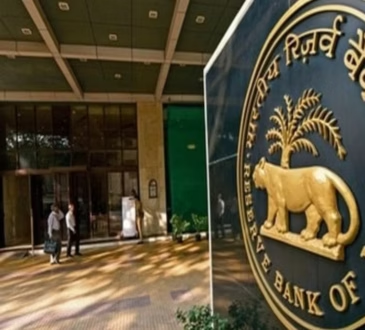
* South Korea shares fall 3% * Indonesia rupiah inches up after central bank intervenes * Thai baht set for biggest weekly drop since mid-July * Trump announces new tariffs from October 1 By Himanshi Akhand Sept 26 (Reuters) – Most Asian currencies were poised for weekly losses as the dollar strengthened and U.S. President Donald Trump’s latest tariffs dampened risk sentiment, while South Korean shares fell nearly 3% on Friday on concerns over U.S. trade talks. The Indonesian rupiah pared losses and was last trading flat after the central bank governor committed to maintaining the currency’s stability, including continued intervention in the offshore and onshore non-deliverable forward markets. The rupiah had fallen as much as 0.3% to 16,790 per dollar earlier in the session and was set for its second week of losses. Bank Indonesia’s surprise interest rate cut last week, viewed as bowing to President Prabowo Subianto’s push to accelerate growth, exacerbated pressure on a currency already reeling with risks of fiscal slippage. Other regional currencies were also subdued as the dollar held on to gains, with traders paring back bets of sharp U.S. rate cuts following stronger-than-expected economic data. The MSCI index of emerging market currencies fell 0.2% in its seventh straight session of losses. The Philippine peso was down 2.1% for the week, its worst weekly performance in three years. The Thai baht was set for a 1.2% weekly drop, its worst since late-July, as authorities moved to contain the currency’s gain, which is hurting exports and tourism. Meanwhile, Trump’s latest tariff measures, including 100% duties on branded drugs and 25% tariffs on heavy-duty trucks, further undermined risk sentiment, putting pressure on regional currencies, according to OCBC currency strategist Christopher Wong. The Indian rupee managed to hold above its all-time low, supported by likely central bank intervention. Barclays analysts said India might be cushioned by its overall domestic orientation despite the importance of pharmaceuticals in its U.S. exports. Meanwhile, Singapore has the most value-added exposure to pharmaceutical tariffs – through direct exports and indirectly via shipments of intermediate goods to other economies, according to Barclays analysts. The Singapore dollar was last up 0.1%. In South Korea, the won was down for a fourth consecutive session and was poised for its worst weekly performance since mid-July. The selling gained momentum this week after President Lee Jae Myung said the country would need a currency swap agreement with the U.S. if it accepted Washington’s demands to invest $350 billion in America, as part of the trade deal. If the deal is not finalised, South Korean imports could face higher tariffs of 25%, not 15% as agreed. South Korean shares also slumped 2.8%, and were on track to post their first weekly loss in five. MSCI’s gauge of Asian emerging market equities slipped as much as 1.4%, set for its worst day since August 1. The index was on track for its first weekly loss in four weeks. Taiwan stocks fell as much as 2% in their third consecutive session of losses. Indian stocks dropped 0.4%, driven by losses in pharmaceutical shares. HIGHLIGHTS: ** Thailand’s credit rating not a concern, no VAT hike plan, official says ** South Korea begins new trial of ousted President Yoon over failed martial law Asia stock indexes and currencies at 0447 GMT COUNTRY FX RIC FX DAILY FX YTD % INDEX STOCKS STOCKS % DAILY YTD % % Japan +0.06 +5.00 -0.55 14.05 China India -0.06 -3.50 -0.36 4.89 Indonesi +0.09 -3.77 0.38 14.00 a Malaysia -0.09 +5.95 0.44 -2.24 Philippi +0.27 -0.03 -0.63 -8.04 nes S.Korea Singapor +0.12 +5.61 0.11 12.96 e Taiwan -0.36 +7.31 -1.75 10.99 Thailand -0.25 +6.39 -0.33 -8.30 (Reporting by Himanshi Akhand in Bengaluru; Editing by Kate Mayberry)




